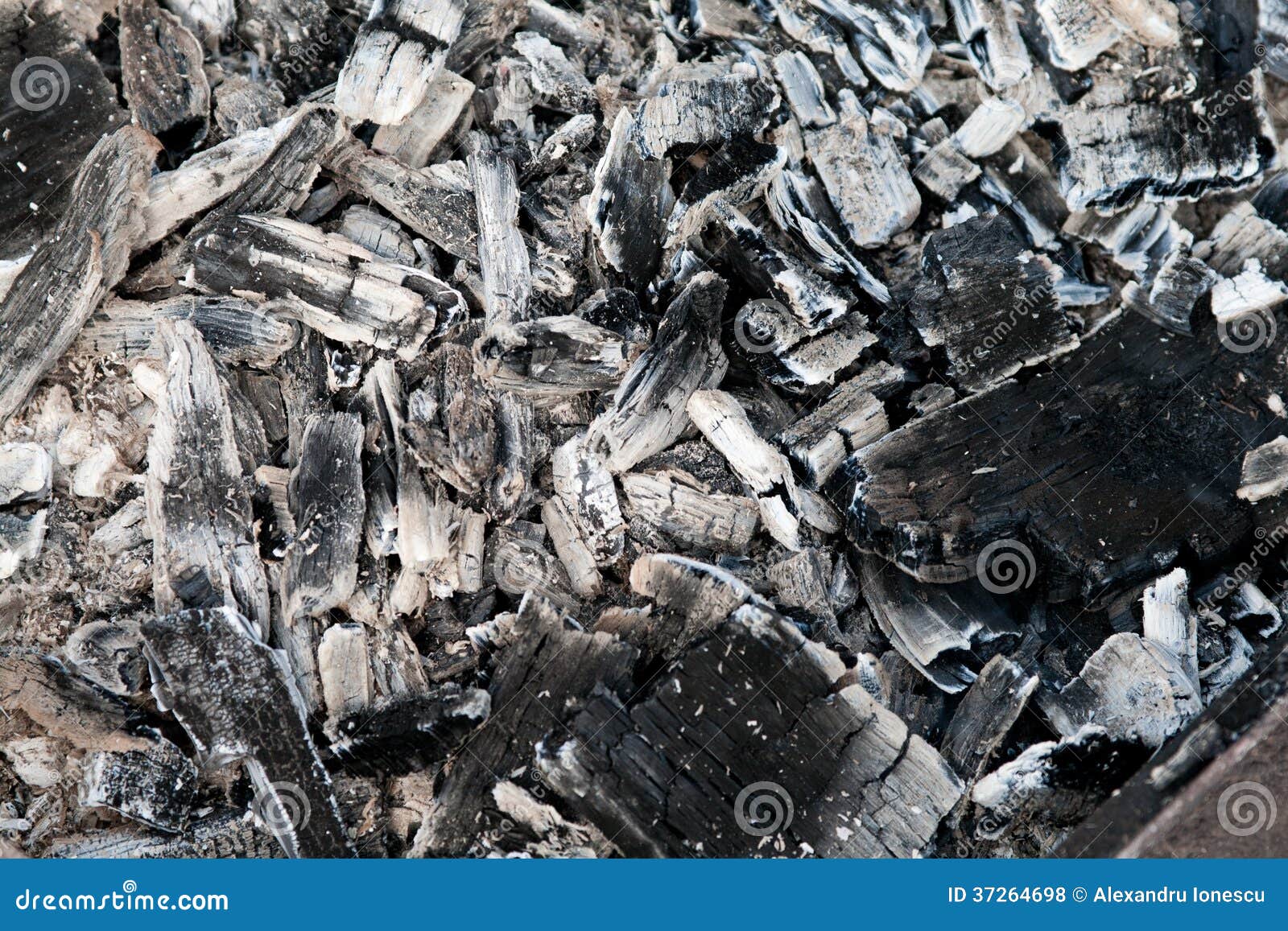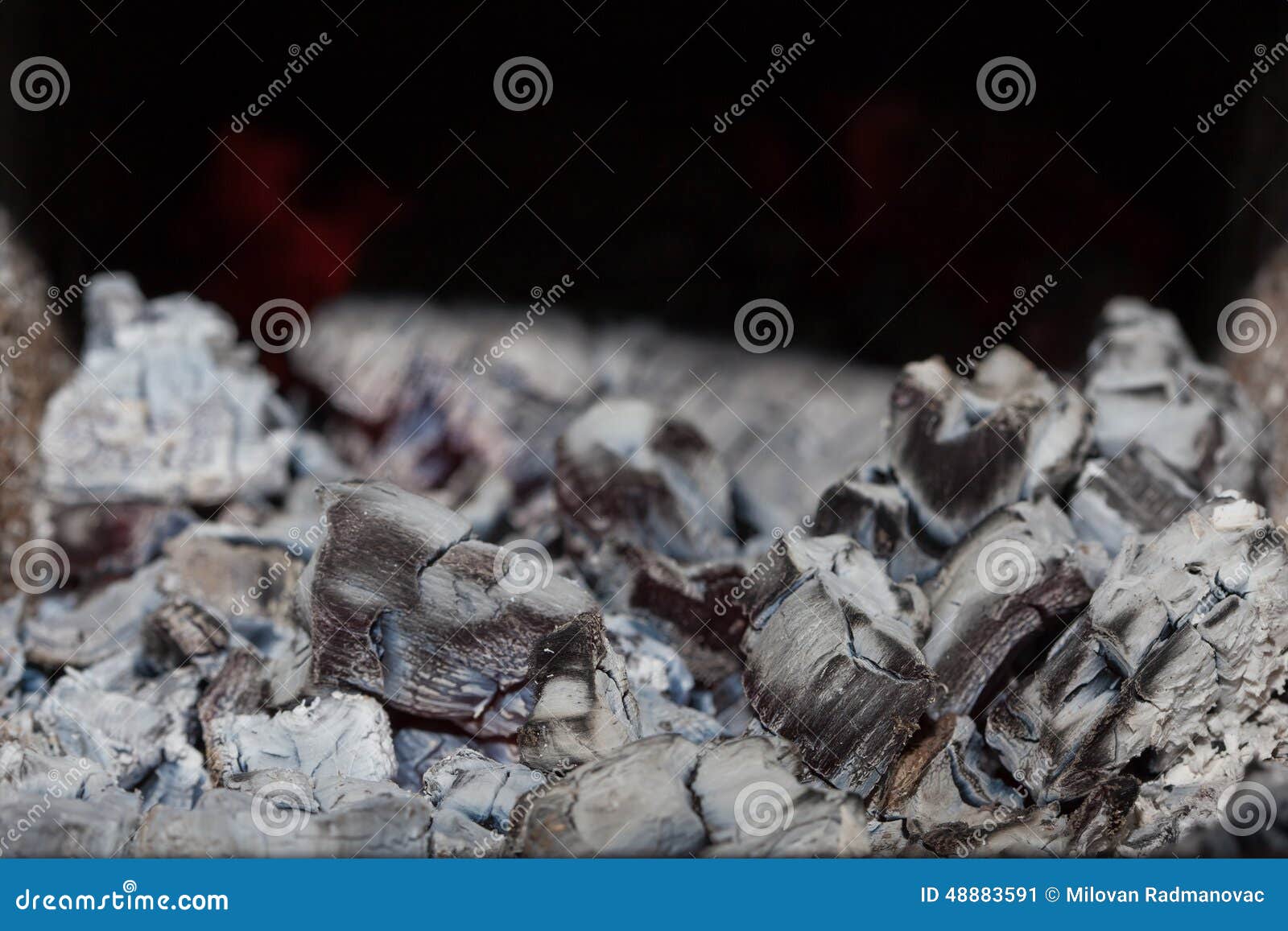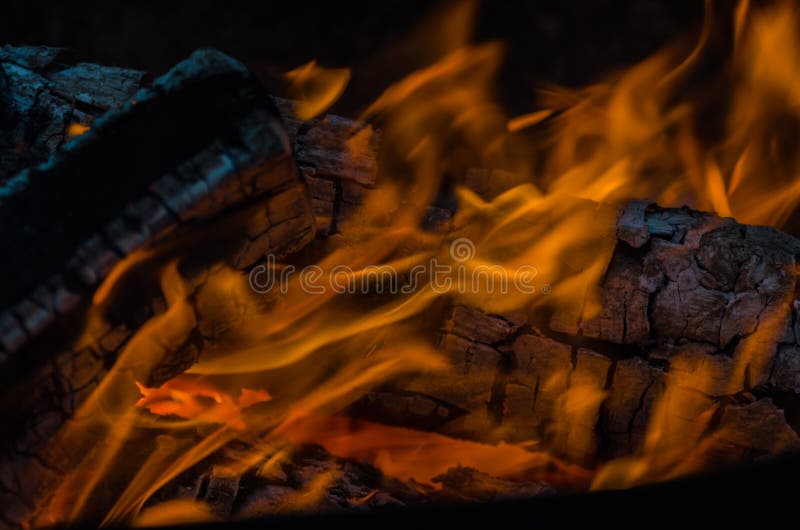

Keep ash in a tightly lidded metal container.

If you’re serving later, leave the shell on the ingredients until you’re ready to use them. Note: When using wood ash, always be sure its completely cool and free of live embers, and wear protective gloves. If you’re eating right away, use a towel or spoon to scrape away the charred shell (for an extra-smoky flavor, you can leave a little of the sacrificial layer behind). When the vegetables or fruit are cooked through, use tongs or gloves to remove them from the fire. Then wait: Most ingredients take about an hour until they’re cooked through and completely soft you can test for doneness by piercing them with a skewer. Using tongs or heat-proof gloves, nestle the ingredients into the bed of embers and ashes, then use a shovel to cover them with about ½ inch of ash-just enough so you can no longer see them.
#Ash and ember wood coals skin
If you’re cooking something with skin (such as potatoes and sweet potatoes), poke them all over with the tines of a fork first. When you’re ready to roast, brush your ingredients all over with vegetable oil and season generously with salt. Once the fire had died down, spread the embers and ashes into an even bed. It takes about 30 minutes for a charcoal fire (and around 45 to 60 minutes for a hardwood fire) to burn down to gently glowing embers and smoking-hot ashes. Dense, skin-covered fruit like apples and pears will become super-concentrated in flavor and can be used in both sweet and savory applications. The insides of ash-roasted alliums (garlic, onions, shallots, and leeks) turn sweet and gooey, and can be used as the base for sauces, soups, and the like. Tubers (potatoes, sweet potatoes, sunchokes) and root vegetables (beets, parsnips, turnips) take especially well to ember-roasting, as do eggplant, bell peppers, and corn (in the husk).
#Ash and ember wood coals how to
Here’s how to do it: Choose your ingredientsĪny dense vegetable or fruit with a protective skin is ideal for roasting in ashes and embers.

This technique can be used year-round at the grill, around a campfire, or in a fireplace. As they roast, a shell of hard, carbonized soot will develop around the ingredients, revealing a moist, intensely flavored treasure within. Burying vegetables (and fruit!) directly in ashes and embers takes very little effort, and the radiant heat of a waning fire will concentrate their flavors and imbue them with a pleasant smoky flavor.


 0 kommentar(er)
0 kommentar(er)
